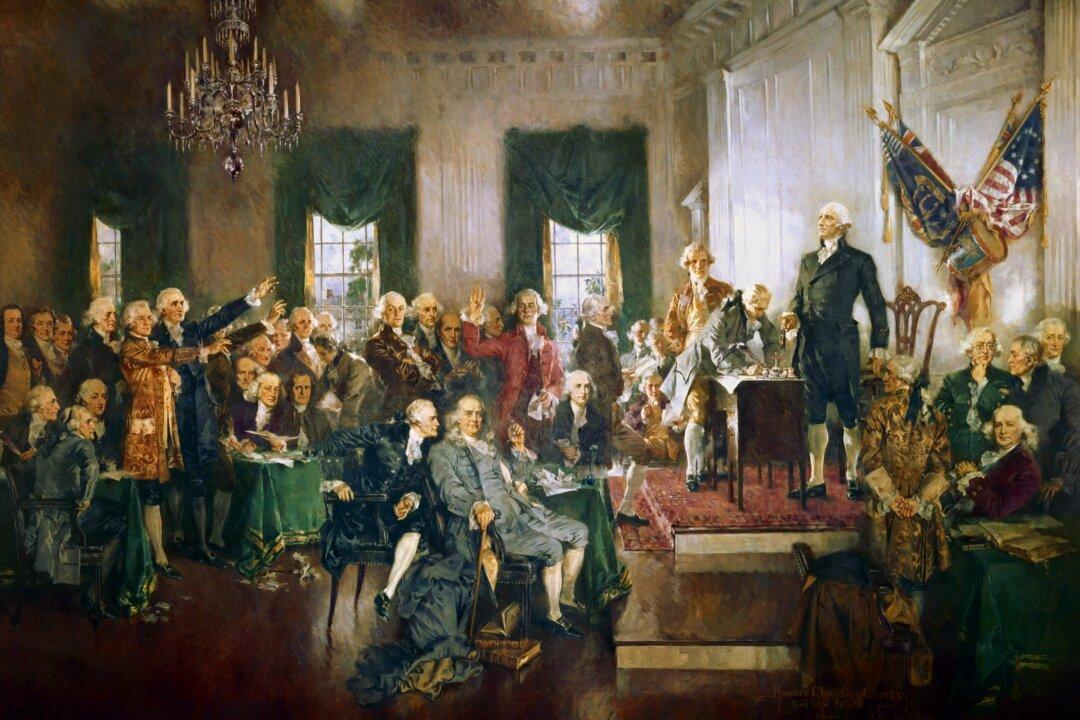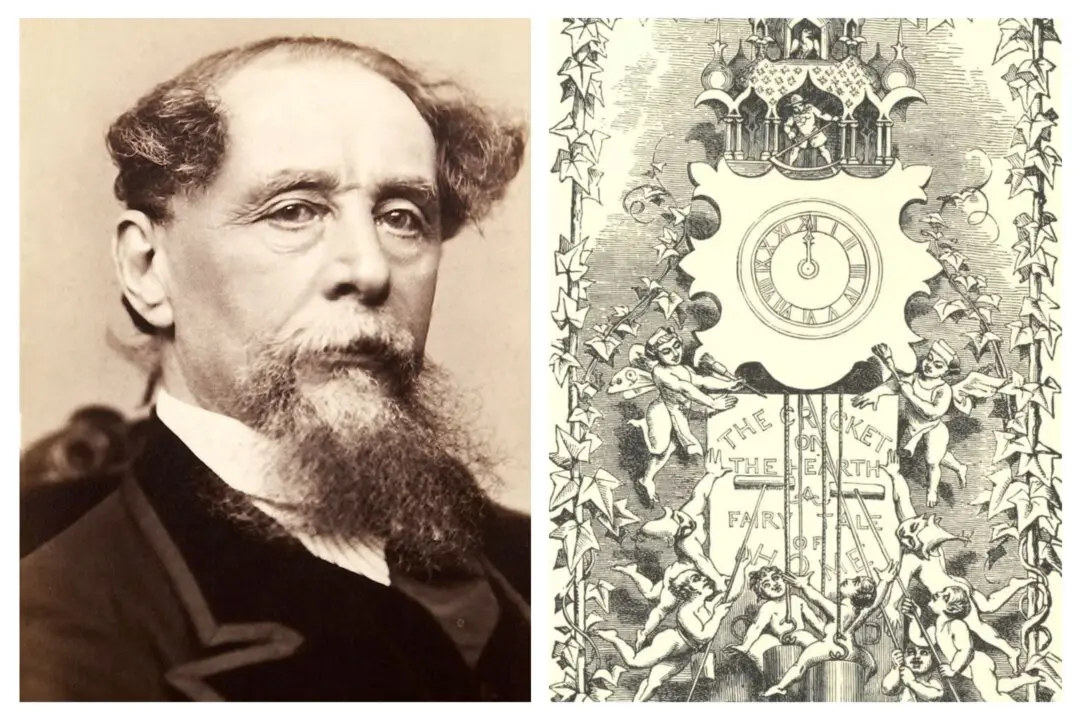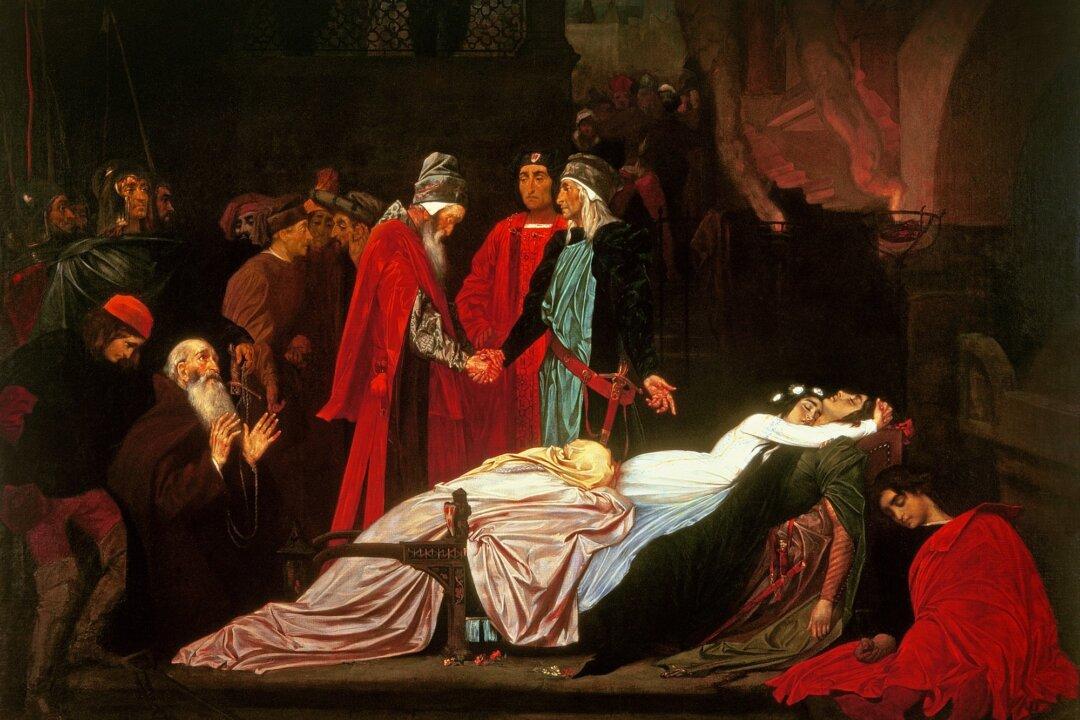What does a poem have to do with governing a country, any country, our country? Shakespeare’s Sonnet 94, while often interpreted as referring to the power of art patrons over artists, has a lot to tell us about who is capable of governing well and what it means to govern well.
They that have power to hurt and will do none, That do not do the thing they most do show, Who, moving others, are themselves as stone, Unmoved, cold, and to temptation slow: They rightly do inherit heaven’s graces And husband nature’s riches from expense; They are the lords and owners of their faces, Others but stewards of their excellence. The summer’s flower is to the summer sweet Though to itself it only live and die, But if that flower with base infection meet, The basest weed outbraves his dignity: For sweetest things turn sourest by their deeds; Lilies that fester smell far worse than weeds.
In the first line, the poem explains that the first duty of government is to not abuse its power. It’s odd to think of government as having the “power to hurt.” It’s odder to think, as the second line reveals, that good government would somehow involve not doing what it “most shows,” that is, to govern.




